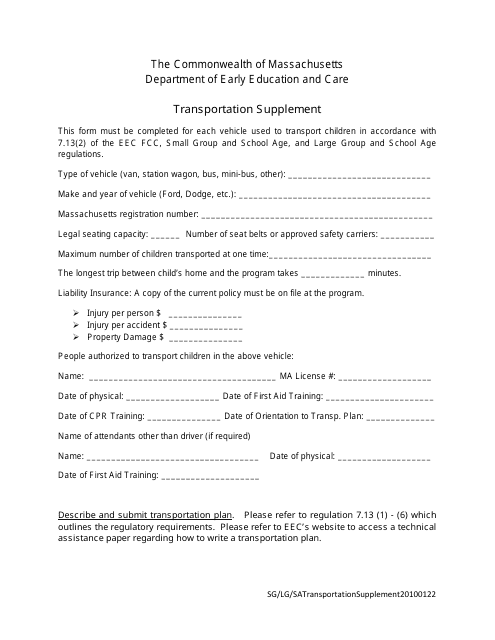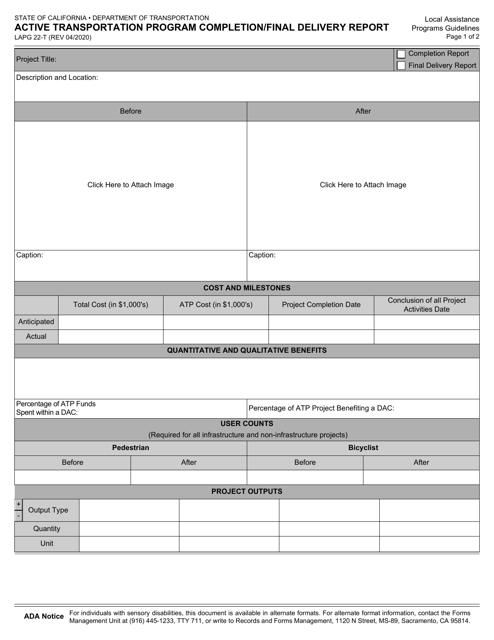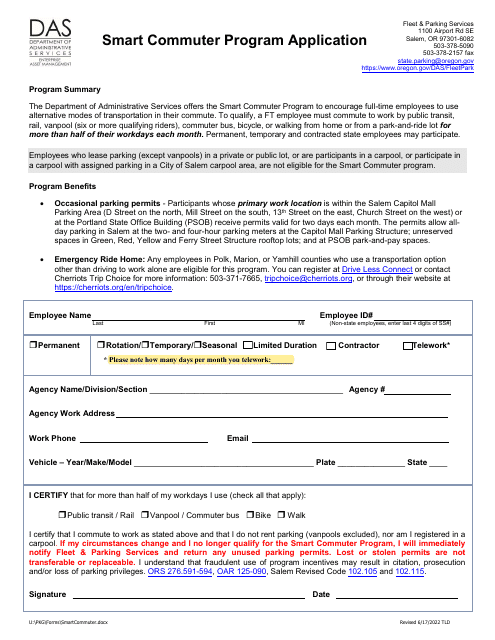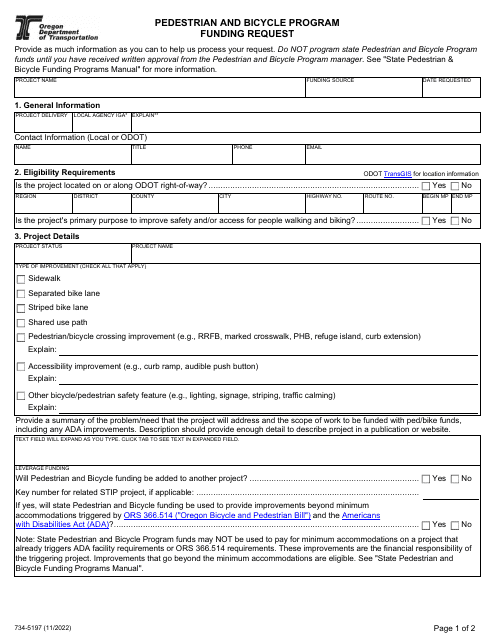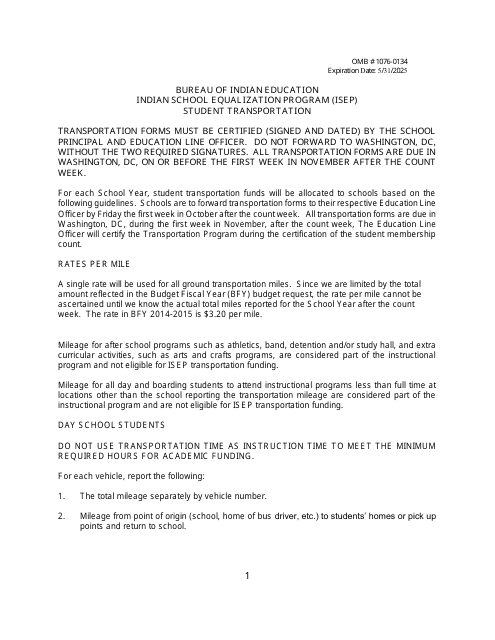Transportation Programs Templates
Transportation programs, also known as transportation initiatives or transportation schemes, refer to a collection of diverse programs and initiatives aimed at improving the transportation infrastructure and services within a specific region or jurisdiction. These programs are designed to address various transportation needs and challenges, including enhancing public transportation systems, promoting sustainable commuting options, supporting active transportation modes such as walking and bicycling, and improving transportation accessibility for underserved communities.
Through transportation programs, government agencies at the state, provincial, or local level collaborate with other stakeholders to develop and implement strategic plans and projects that enhance the efficiency, safety, and sustainability of transportation networks. These programs encompass a wide range of initiatives, from large-scale infrastructure investments to innovative solutions that leverage technology and promote alternative modes of transportation.
Transportation programs prioritize the allocation of funding and resources to support projects that address specific transportation goals and objectives. These initiatives often involve partnerships with public and private entities, as well as community engagement to ensure that the transportation needs and priorities of residents are taken into consideration.
By investing in transportation programs, communities can benefit from improved mobility, reduced congestion, enhanced safety, increased accessibility, and a more sustainable and resilient transportation system. These initiatives not only support economic growth and vitality but also contribute to the overall well-being and quality of life of residents.
From transportation supplements and funding requests to application forms and program completion reports, transportation programs encompass a wide range of documents that provide valuable information and guidance for stakeholders involved in planning, implementing, and evaluating transportation initiatives.
If you are looking for information about transportation programs, this webpage provides comprehensive insights into these initiatives, their objectives, and the impact they have on communities. Whether you are a government agency, a transportation planner, an advocate for sustainable transportation, or an individual interested in learning more about how transportation programs are transforming our cities and regions, this webpage is a reliable resource to stay informed and engaged.
Documents:
5
This Form is used for applying for a transportation supplement in the state of Massachusetts. It is designed to provide financial assistance for transportation expenses for eligible individuals.
This form is used for requesting funding for Oregon's Pedestrian and Bicycle Program.
This document provides information about the Indian School Equalization Program (ISEP) Student Transportation. It outlines the program's purpose, eligibility criteria, and the process for receiving transportation services for students attending Indian schools.

